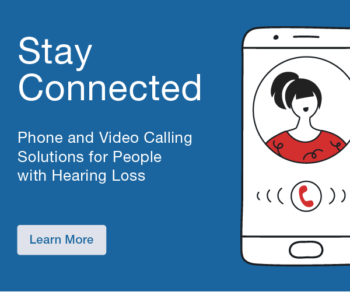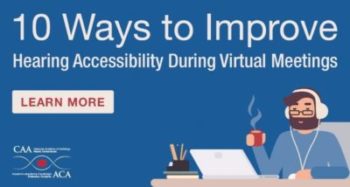Research over the past decade has consistently shown that the prevalence of hearing loss is significantly higher in adults and children with intellectual differences. While hearing loss in children is more likely to be identified early with Universal Newborn Hearing Screening protocols in place, adults with intellectual differences often have reduced access to audiological services. The vulnerability of people with cognitive impairment and dementia also significantly impacts Audiological service provision. Hearing problems may be missed and on-going care plans may not address hearing and communication needs. This presentation will review current research available on prevalence of hearing loss in special needs populations. Current research work at Boys Town National Research Hospital with individuals with Down Syndrome will be shared. A discussion of practical clinic needs and patient preparation for clinical services will be emphasized, along with various lessons learned along the way. A variety of learning methods will be used and audience participation is strongly encouraged.
Learning Objectives:
- Evaluate unmet Audiological care needs in my community.
- Make a welcoming care environment for vulnerable adults.
- Examine new methods or ideas for your practice.



